Webinar highlights magnitude of SA cyberbullying as public servant received death threats on social media
A red-letter warning about the magnitude of cyberbullying in South Africa, and the acknowledgement by a prominent public servant that she received recent death threats on social media, has highlighted the dire need for law enforcement agencies to deal proactively and aggressively with this scourge, and for the justice system to be a more sufficient deterrent to cyberbullies, said Tina Thiart, director of 1000 Women Trust.
1000 Women Trust, a women-led organization, is committed to eradicate all forms of gender-based violence, including cyberbullying.
The organization hosted a webinar on Wednesday 11 th May about cyberbullying and how it affects people’s mental health.
Lara Fouche, the keynote speaker at the webinar and social media manager of 1000 Women Trust, said Govchat and the South African women in ICT forum revealed that during women’s month of 2021, a total of 532 cases were reported to the online interactive gender-based violence engagement forum.
The top-five cases included 98 cases of domestic violence, 80 cases of emotional abuse, 78 cases of abandoned children, 40 cases of physical abuse, 34 cases of verbal abuse and intimidation, she said.
Fouche warned about revenge porn as a part of cyberbullying where a person shares without consent intimate images, videos or pornographic content to hurt another person or sabotage their social standing.
It can be posted by a previous intimate partner, or even by a complete stranger.
Councillor Tebogo Mhlari from ward 47 that covers part of Dobsonville and Mofolo North in the City of Johannesburg, acknowledged that she was recently subjected to death threats on social media and that she was deeply depressed.
She said cyberbullying happens often on social media platform. However, most cases are not reported to law enforcement.
“I had been a victim of a few incidents of cyberbullying but did not dwell on them. But recently, I was harassed, intimidated and my life threatened,” she said.
Mhlari said the incident made her realize that there are not enough awareness programs on cyberbullying.
She said the police are helpful but proving the offense is a challenge. At times the police discourage you to pursue the case and tell you the magistrate will dismiss the case due to a lack of evidence, without even going out to investigate the information you have shared with them.
“It is frustrating to be a public servant at this point because the justice system excludes us from our rights being protected.
“I’m in a deep sea of depression and anxiety because i don’t know where else to go to for help…I’m feeling so helpless and feel that public representatives are important only when speeches are made at their funerals. The law must be reviewed because we are also humans before we fulfill different public roles in society,” she said.
Mhlari was scathing of the justice system.
“What hurts the most is the inconsistency of the justice system when applying the law. I applied with one of the ladies who is also being harassed by the same suspect (as me). She was awarded a restraining order the same day. They are to appear in court on the 27 th June 2022 without having to respond to my application. I’m even considering resigning from my deployment so the law can protect my rights to safety because while I’m still a public figure I will be harassed and intimidated without getting any help from our justice system.”
Fouche said at the webinar that cyberbullying has a deep affect on the mental health like depression, anxiety, insomnia, dark thoughts, low self-esteem and self-harm.
A pitfall of cyberbullying is that victims seek revenge. “Do not speak revenge against cyberbullying, making yourself cyberbullying, because it can make matters worse and result in serious legal consequences for you. Do not respond to any messages or post written about you, no matter how untrue or hurtful it is,” she added.
The perpetrator of cyberbullying can be criminally charged with criminal defamation, extortion of crimen injuria.
Saving and gathering the evidence of the cyberbullying, keep abusive messages or screenshot of a webpage, for example and then report them to a trusted adult, teacher or a councillor. Report it to a police station, report on the website www.cybersecurityhub.gov.za or email incidences of cyberbullying to cshubcsirt@cybersecurityhub.gov.za.
A recent report by Ipsos Global revealed that South Africa has a high prevalence of cyberbullying globally, as 54 % of SA parents were aware of a child experiencing cyberbullying. More than 80 % of South Africans said they were aware of cyberbullying and almost three-quarters of South Africans believe that the anti-bullying measures that are in place are insufficient.
Until recently, South Africa did not have a legislative framework in place that dealt specifically with cyberbullying. To obtain some form of legal recourse, victims can rely on other criminal and/or civil law remedies, such as obtaining a protection order. They can also report a crime incidental to cyberbullying, for example.
On 26 th May 2021, the cybercrimes Act 19 of 2020 was finalised but has not yet come into effect and is regarded as a major milestone that brings South Africa’s cybersecurity laws in line with international standards.
Children are more prone to cyberbullying than adults, an investigation by the Council for Scientific and Industrial Research (CSIR) reveals.
According to the organisation, one in three parents globally has reported that their child was bullied online.
1000 Women Trust creates awareness and provide women and girls to find their own solutions to the problem of bullying in communities, Thiart said.
The organization has created an anti-bullying toolkit made available to parents and children to address bullying and cyberbullying.
Thiart said that in a trauma-informed school, the best deterrent to bullying and cyberbullying is to create a culture of acceptance and communication. Such a culture empowers learners to find positive ways to resolve conflicts and has an administration, teachers and other staff who can support learners in making constructive decisions and responds constructively when aggression of any kind exists on the school campus.
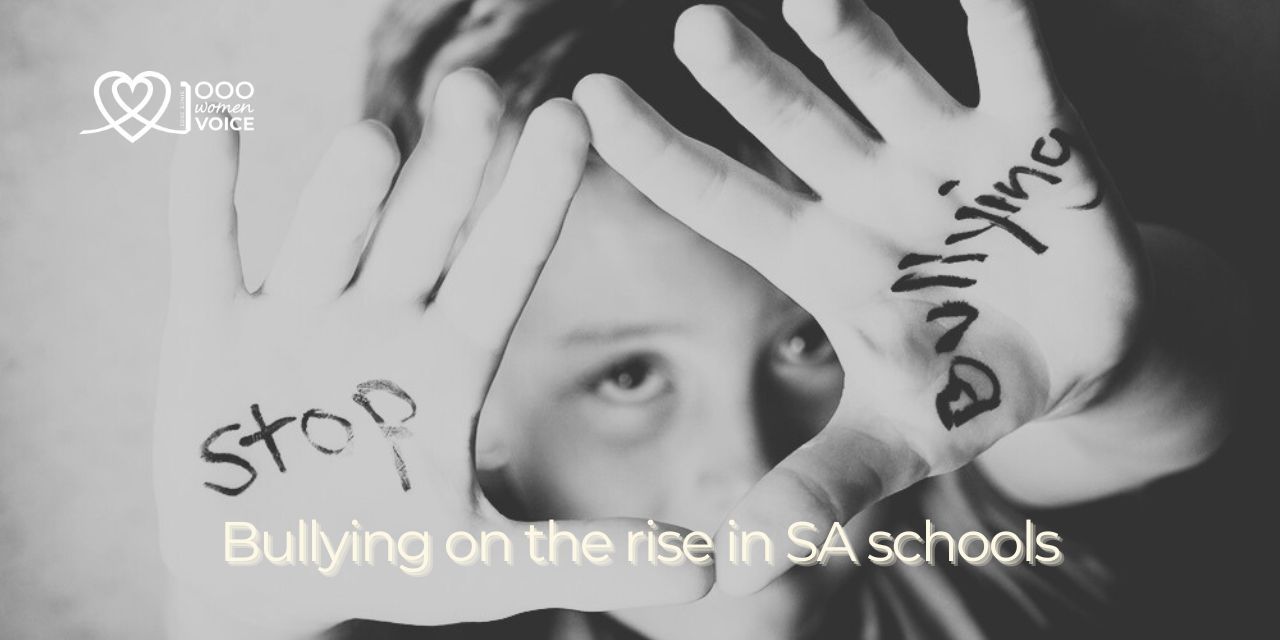

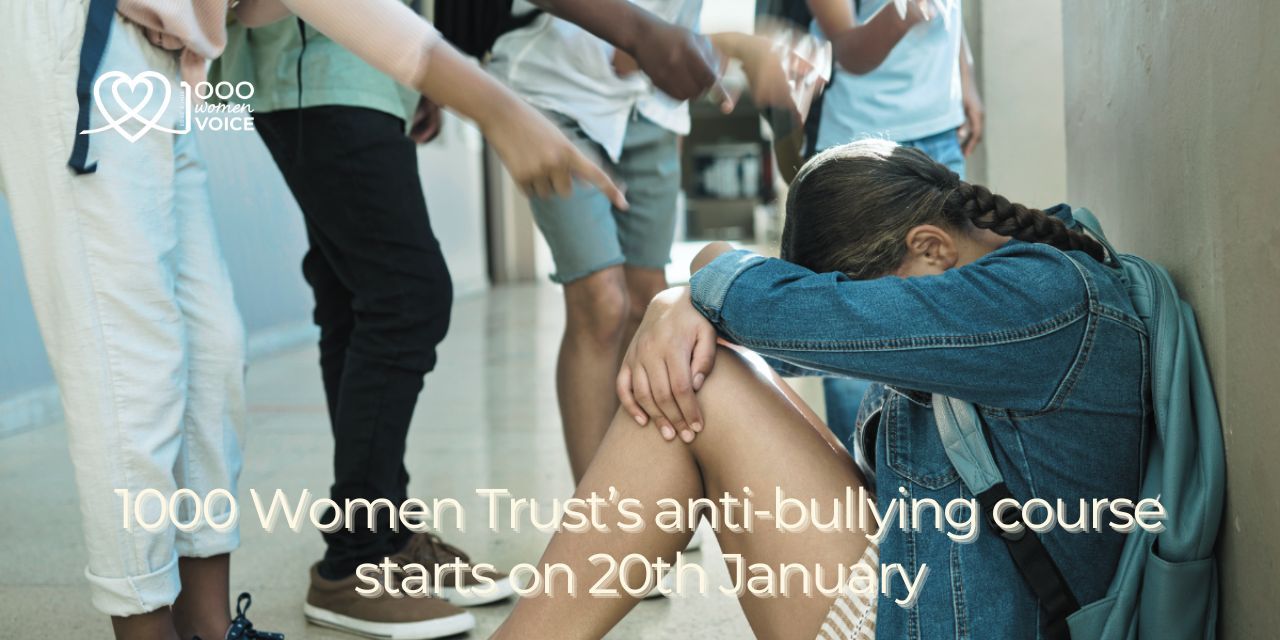


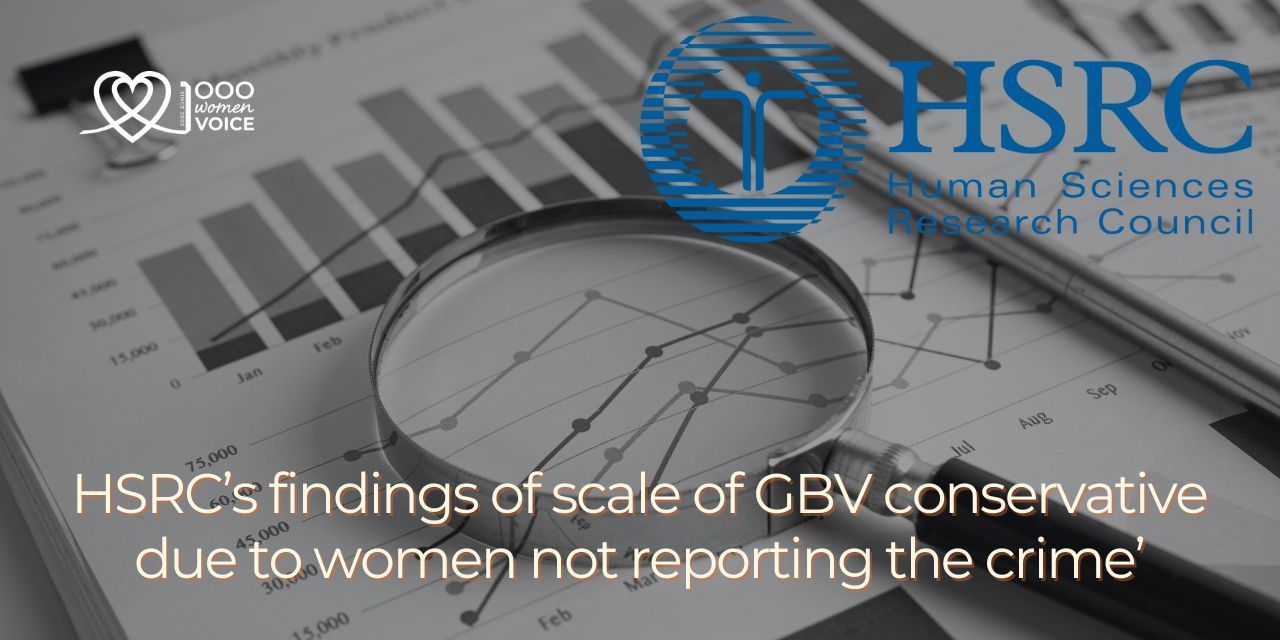
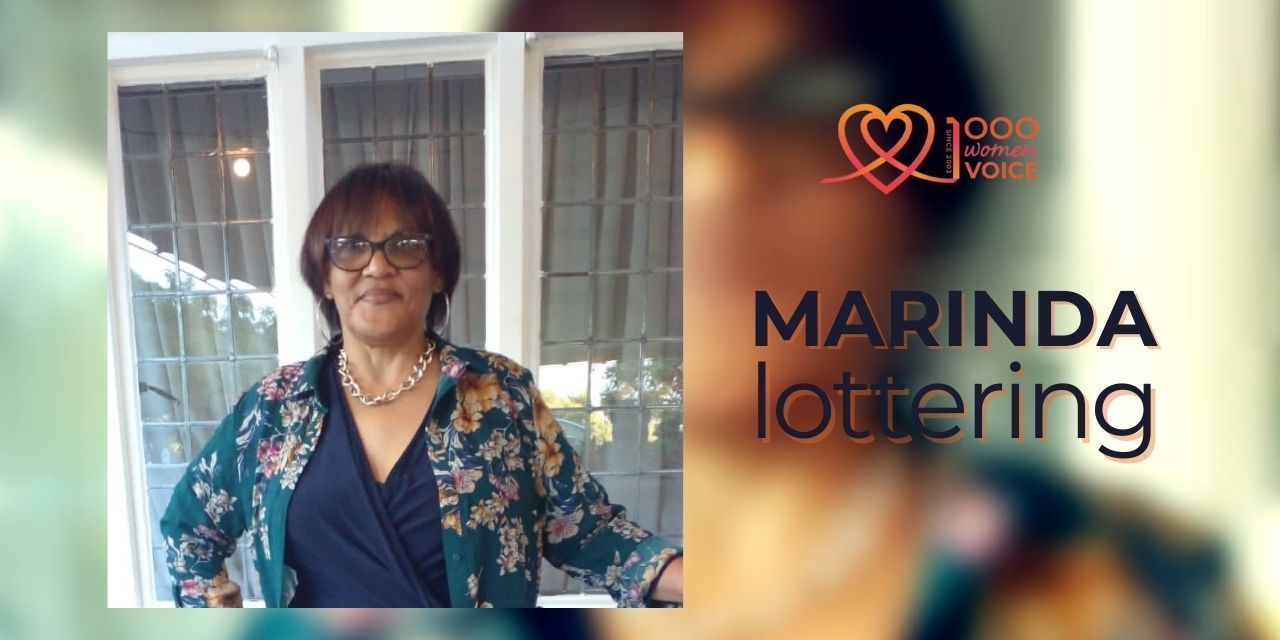


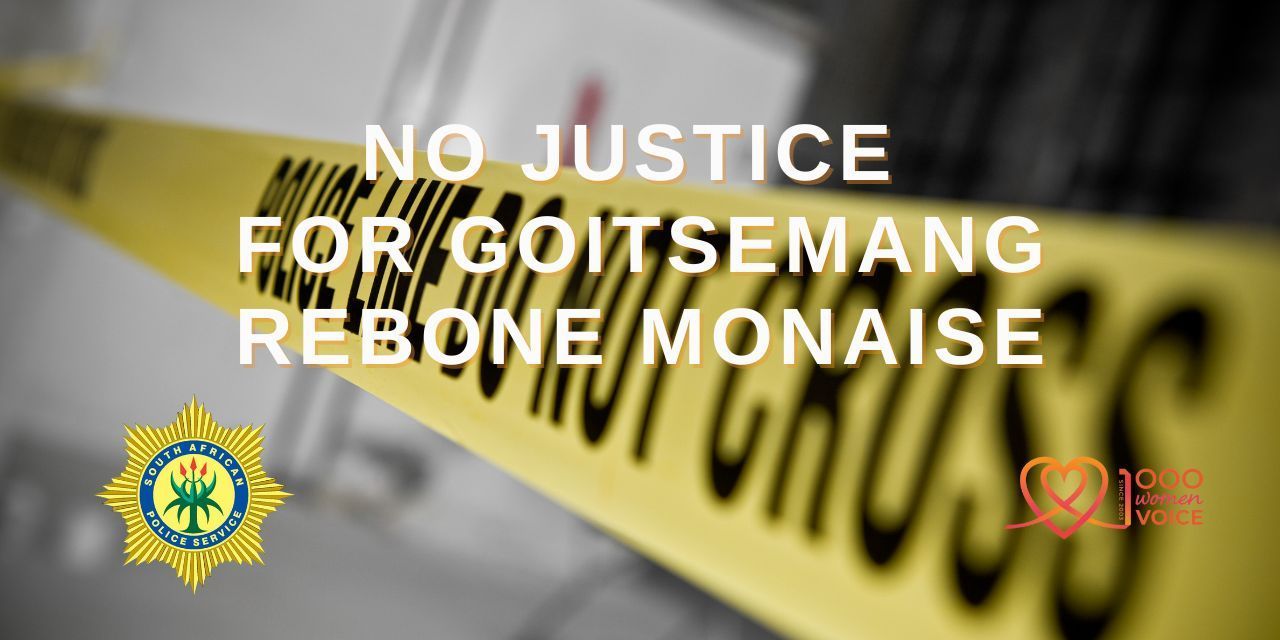

Follow us
Follow us on social media and stay connected!
Click to subscribe to our newsletter.
Contact Us
The 1000 Women Trust
Registered Trust South Africa (IT738/2014)
NPO REGISTRATION NO: 163-132 NPO
PBO NO: 930 051 359
Follow Us
Follow us
Follow us on social media and stay connected!
© Copyright 2023| All Rights Reserved. Designed by Ludet Digital for The 1000 Women Trust
Contact Us
Office 108B
Valyland Centre, Ivanhoe Rd, Fish Hoek, Cape Town, 7974
Info@1000women.co.za
+27 61 469 0479
Office 108B
Valyland Centre, Ivanhoe Rd, Fish Hoek, Cape Town, 7974
Info@1000women.co.za
0614690479

The 1000 Women Trust
Registered Trust South Africa (IT738/2014)
NPO REGISTRATION NO: 163-132 NPO
PBO NO: 930 051 359
© Copyright 2023| All Rights Reserved. Designed by Ludet Digital for The 1000 Women Trust
